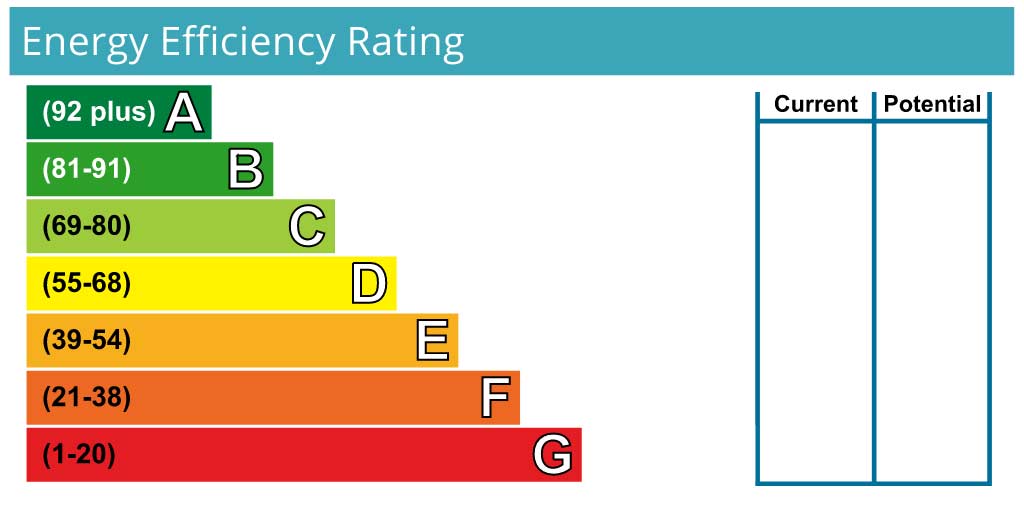This information should not be interpreted as financial, tax or legal advice. Mortgage and loan rates are subject to change.

Categories: epc | government and politics
Government updates EPC guidance for assessors
With new EPC targets for rental properties on the horizon, an important and long-awaited update to assessor guidance has been released by the government.
Ten years have passed since the “Standard Assessment Procedure (SAP) for the Energy Rating of Dwellings” was last updated.
The new guidance comes into effect in June 2022 and applies to new homes in England. A subsequent update is expected by the end of 2022 for existing properties.
It is this second update that is likely to have an impact on UK landlords, as it is anticipated that this will bring greater accuracy to the EPC rating of their properties.
This new guidance could influence the way landlords approach upgrading their rental properties, to meet the 2025 EPC target of “C” or better.
CO² emissions factor for electricity
When it comes to central heating systems, landlords should note that the CO² emissions factor for electricity has been halved.
This is because 30-40% of electricity produced in the UK is now generated using renewable energy, rather than fossil fuels. In the past electricity production was almost wholly reliant on energy from fossil fuels
Upgrading a central heating system from gas to electric is likely to give a more favourable carbon factor rating. Other renewable energies are also growing in popularity, such as ground source and air source heat pumps.
Good news for the property industry
The backdrop to this announcement is a long standing bone of contention, amongst house builders and landlords, who have long been aggrieved that similar properties are graded very differently for their EPC rating.
The implications of the variance in EPC assessments for the landlord community, are the costs associated with upgrading rental property.
As we march towards the 2025 deadline for EPC upgrades, landlords have been very concerned about the costs they face in meeting a “C” rating.
Many different sources have conducted illustrative calculations, to demonstrate the likely average cost to landlords for getting their properties up to minimum standards. They are not insignificant.
Josh Wakeling, the head of operations for Elmhurst Energy, one of the UK’s leading assessor firms, commented on the update and referenced the position for property in other parts of the UK:
“This is great news for our members as it means we will be providing more accurate assessments. From the 15th June 2022 we will see a tidal wave of industry noise and activity with new build compliance and EPCs for England. This is such an important change and monumental impact to the industry. With regards to other regions, Wales and Scotland plan to follow suit with very similar updates later in the year, whereas Northern Ireland will continue to use their existing SBEM until at least 2026/27.”
Stuart Fairlie, managing director of Elmhurst commented on the impact on the rental industry:
“We expect the updated methodologies to be issued for existing properties to be released before the end of the year, which will make EPCs for many landlords’ properties more accurate too,
“The two government departments involved – BEIS and DLUHC – have decided to focus on new homes first, get them nailed down, and then turn to existing properties including rental homes.”
The “Notice of approval of the methodologies for expressing the energy performance of buildings in England and Wales” can be found on the UK government website.
Read the government’s Standard Assessment Procedure (SAP) for the Energy Rating of Dwellings, version 10.2





